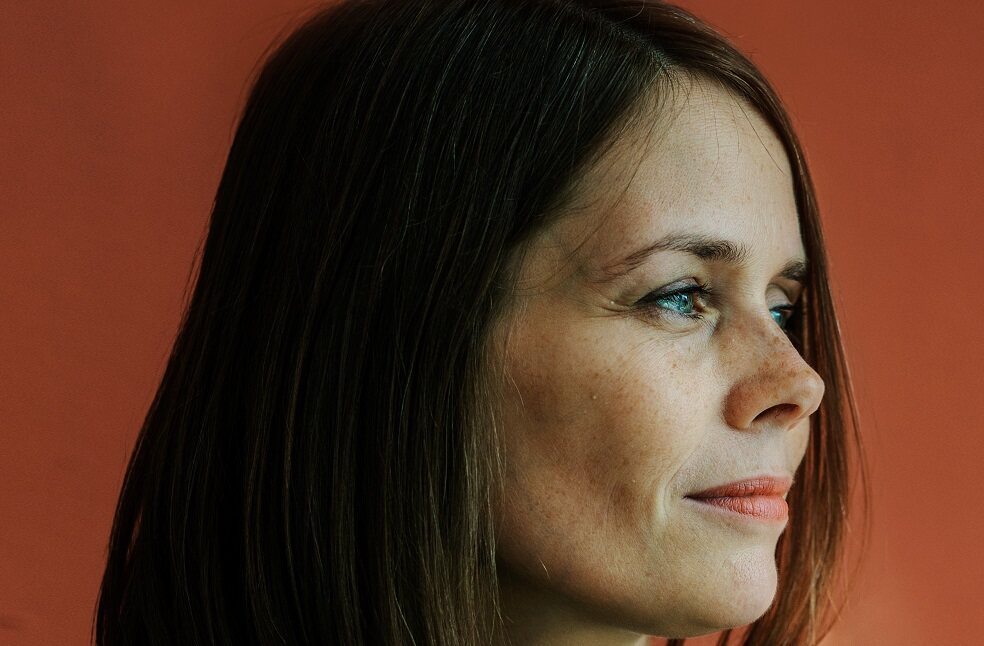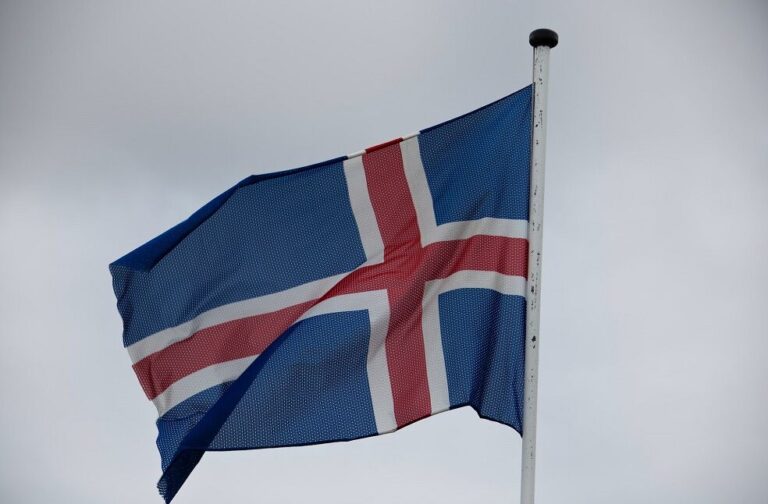Iceland: Thousands of women, including the Prime Minister, in Iceland are on strike against the gender pay gap and gender-based violence. Sectors like healthcare and education, where women make up the majority of the workforce, are particularly impacted. The upcoming strike is the first all-day women’s walkout since 1975.
Women and non-binary individuals have been encouraged to decline both paid and unpaid tasks on October 24, 2023, which include household chores.
“I will not work this day, as I expect all the women will do as well,” Iceland’s PM, Ms. Katrín Jakobsdóttir, told a website ahead of the protest.
Ms. Jakobsdóttir mentioned that her government is examining the assessment of professions where women are in the majority, in contrast to traditionally male-dominated fields.

The Icelandic Teachers’ Union reports that women constitute the majority of teachers at all educational levels, with 94 percent of kindergarten teachers being women. Approximately 80 percent of employees at the National University Hospital of Iceland, the largest in the nation, are women.
Iceland has held the top position for gender equality in the world for 14 consecutive years, according to the World Economic Forum (WEF). However, the country is not entirely equal, as the WEF has given it an overall score of 91.2 percent.
This volcanic island, among the world’s least densely populated countries, is positioned 14th globally in terms of economic participation, trailing behind nations like Liberia, Jamaica, and Norway.
In 1975, nearly 90 percent of Iceland’s women workers participated in a strike to emphasize the significance of women to the economy. This strike led the country’s parliament to pass an equal pay law the next year.



